April 13, 2025 | 23:51 GMT +7
April 13, 2025 | 23:51 GMT +7
Hotline: 0913.378.918
April 13, 2025 | 23:51 GMT +7
Hotline: 0913.378.918
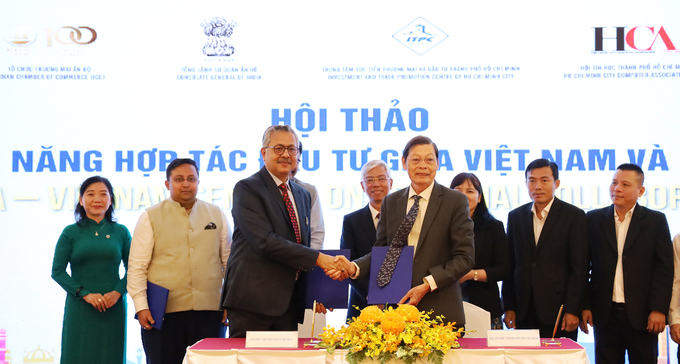
The signing of a cooperation agreement between the Indian Chamber of Commerce (ICC) and the Ho Chi Minh City Business Association (HUBA). Photo: Phu Quoc.
At the seminar titled “Investment Cooperation Potential between Vietnam and India” held on February 27, the Vice Chairman of the Ho Chi Minh City People's Committee, Mr. Vo Van Hoan, emphasized the vital role of information technology in Ho Chi Minh City's development strategy.
Mr. Vo Van Hoan highlighted that India, with its rapidly growing information technology sector, is projected to generate 350 billion USD in revenue by 2025. India is a potential partner for implementing high-tech projects in Ho Chi Minh City.
"Ho Chi Minh City is eager to collaborate extensively with Indian businesses, ranging from major technology corporations to startups, in various fields such as artificial intelligence (AI), big data, cloud computing, and specialized software development", Mr Hoan said.
Dr. Rajeev Singh, CEO of the Indian Chamber of Commerce (ICC), noted that India’s "Look East Policy" is expected to drive the strategic partnership between India and Vietnam. He pointed out that India’s focus on digital transformation and the construction of smart cities will open new opportunities for cooperation between businesses from both countries, particularly in the digital era.
Ms. Lieu Thi Phuong, a representative of the ICC, affirmed the tremendous potential of Vietnam's digital economy and assured that the ICC is committed to assisting Indian businesses in exploring investment opportunities in Vietnam. She also expressed confidence in the long-term and mutually beneficial cooperation between the two nations, especially in the fields of information technology and digital transformation.
According to Ms. Cao Thi Thu Van, Deputy Director of the Ho Chi Minh City Investment and Trade Promotion Center (ITPC), Ho Chi Minh City has around 400.000 businesses and is actively calling for numerous investment cooperation projects in high-tech, environmental technology, waste management and urban development.
Translated by Phuong Linh
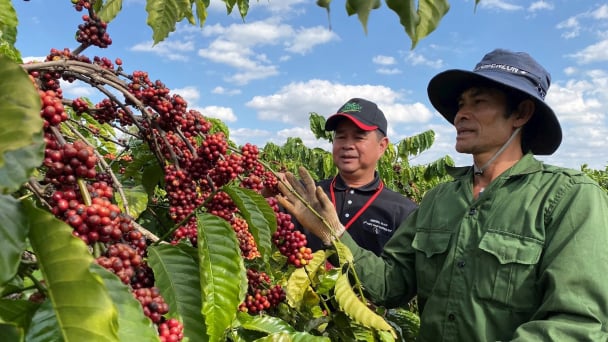
(VAN) Businesses emphasize fairness and equality when integrating social factors into their sustainable development strategies.
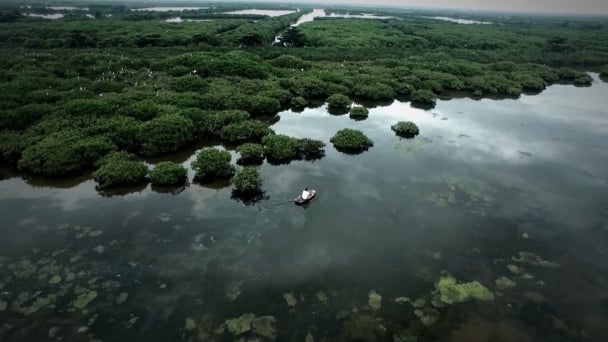
(VAN) French organizations and enterprises propose that Thai Binh province provide potential and long-term cooperation contents related to climate change response and green industrial development.
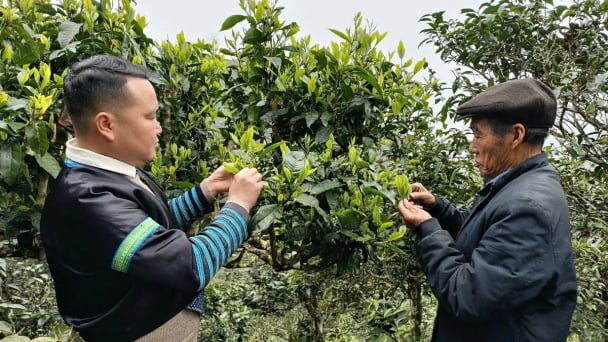
(VAN) Shan Tuyet tea is considered a 'heavenly treasure'. The H'mong people allow the tea to grow naturally, adhering to organic production principles, with the aim of exporting the product.
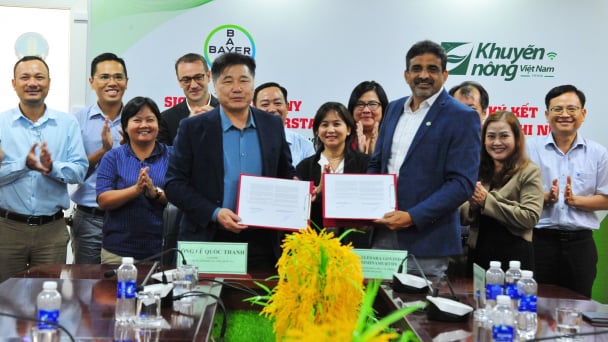
(VAN) Bayer Vietnam and the National Agricultural Extension Center have signed a partnership agreement to expand the development of effective and safe farming models for rice, durian, and coffee.
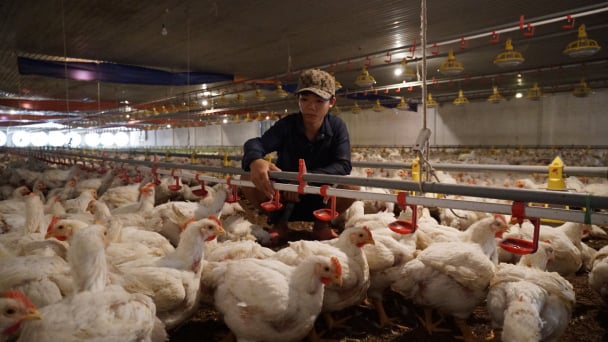
(VAN) Tay Ninh province possesses all the favorable conditions, from natural advantages to geographic location and social harmony, to drive economic development, particularly in attracting investment and advancing modern livestock farming.
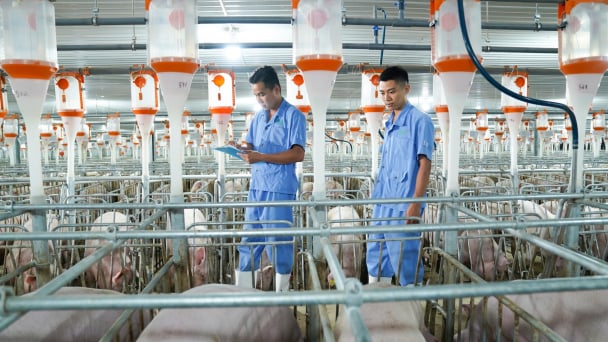
(VAN) Notably, every link in BAF's entire closed livestock value chain Feed - Farm - Food has received international certification.
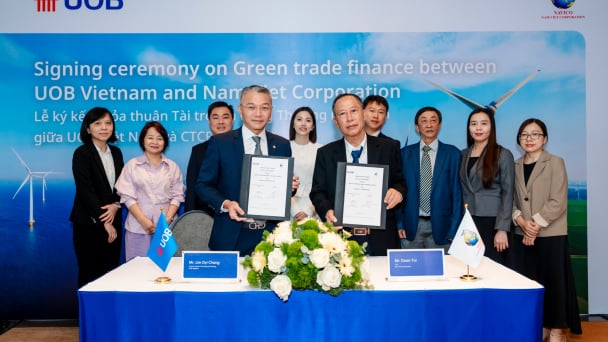
(VAN) UOB Vietnam has recently signed a green credit agreement with NAVICO to develop sustainable aquaculture that meets international standards.